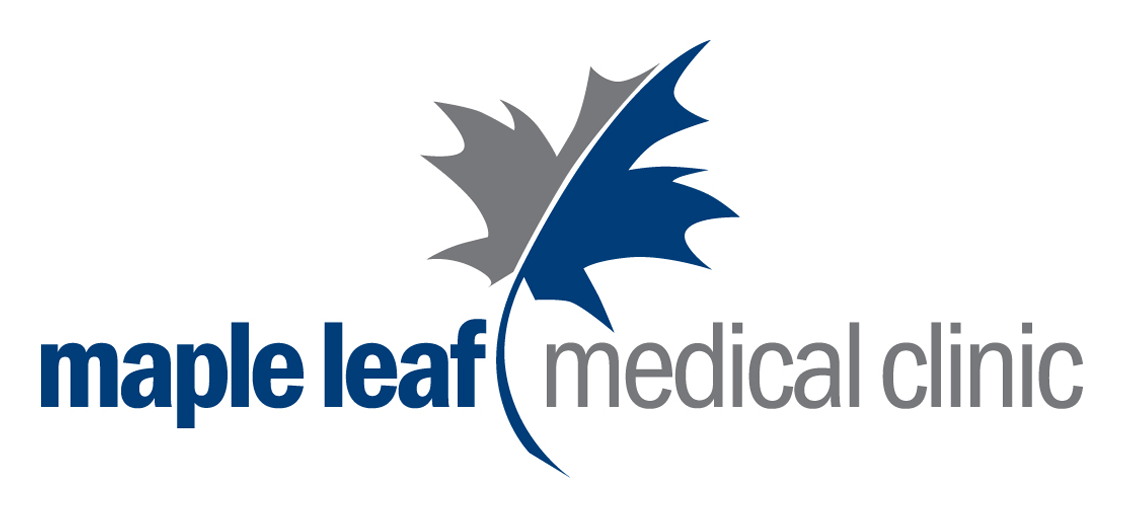Aging well with HIV is a phrase that, in the not so distant past, could have seemed impossible. However, there have been huge advances in HIV prevention, treatment, and care over the last 20 years, giving people living with HIV the ability to live long, healthy lives. Despite more people now aging with HIV, little research has been done into exactly what it is like to grow older with the virus and especially the factors that enable people living with HIV to age well.
The CHANGE HIV study (CTN 314) is setting out to answer some of these unknowns.
CHANGE HIV aims to rectify this by providing this population a platform to share their experiences: “A collective voice is much louder than an individual voice…and can hopefully change policy, change strategies, and inform younger physicians,” states Rosie Clarke (Project Manager for Change HIV).
CHANGE HIV is a five-year study designed by researchers in collaboration with the community. It aims to recruit 750 people living with HIV aged 65 and over who live in Canada. Participants in CHANGE HIV will be asked to attend three complete visits every eighteen months. Each complete visit is split into three sub-visits, where they will complete electronic-based questionnaires about their life at that time and do a few physical maneuvers such as walking and getting up from a chair.
Through the questionnaires, the researchers will be looking not just at aging with HIV, but also at healthy aging with HIV: “We don’t want to just look at the infection or the clinical issues, such as cardiovascular risk or diabetes. We want to look at the whole person, so we are collecting data on quality of life, loneliness, contributions to society, food security, income… You name it, we’re collecting it,” Rosie explains.
An additional, optional part of the study involves determination of the relationship between fibre intake, inflammation and the microbiome, and how they may relate to healthy aging and even length of life. Participants who choose to take part in this section of the study must keep a three-day food diary, and will be invited to provide blood, nasal, and anal swab samples at two of the visits.
Please contact Sonca Lengoc with Maple Leaf Research for more information.


